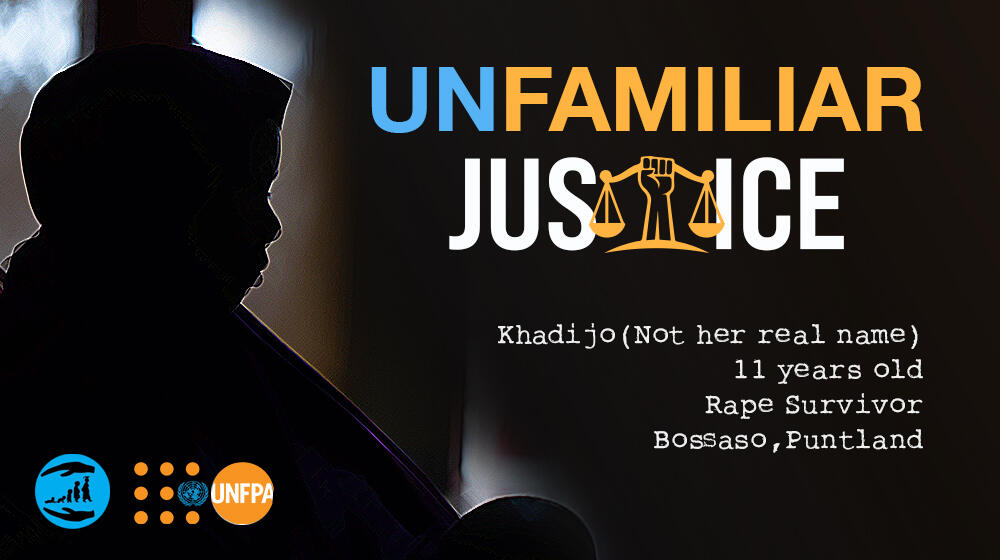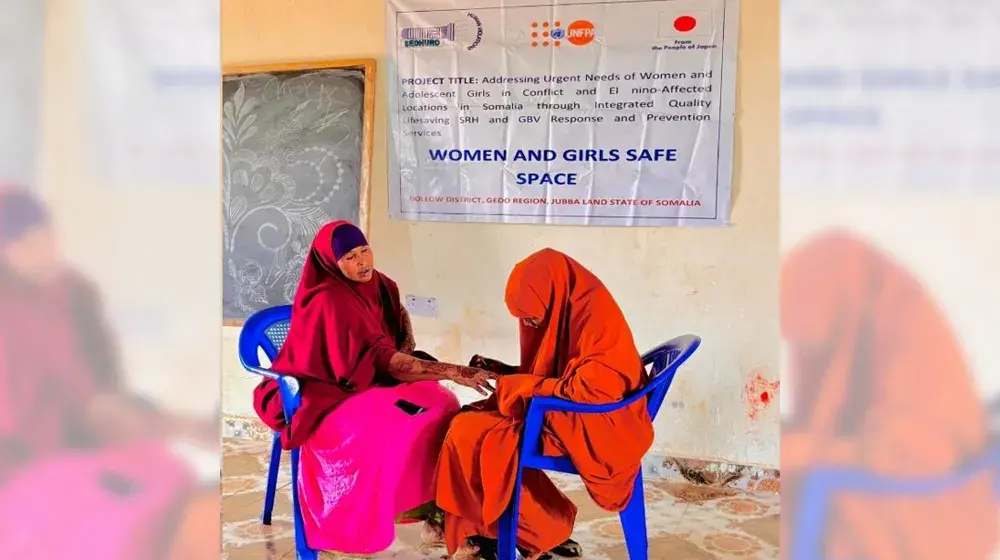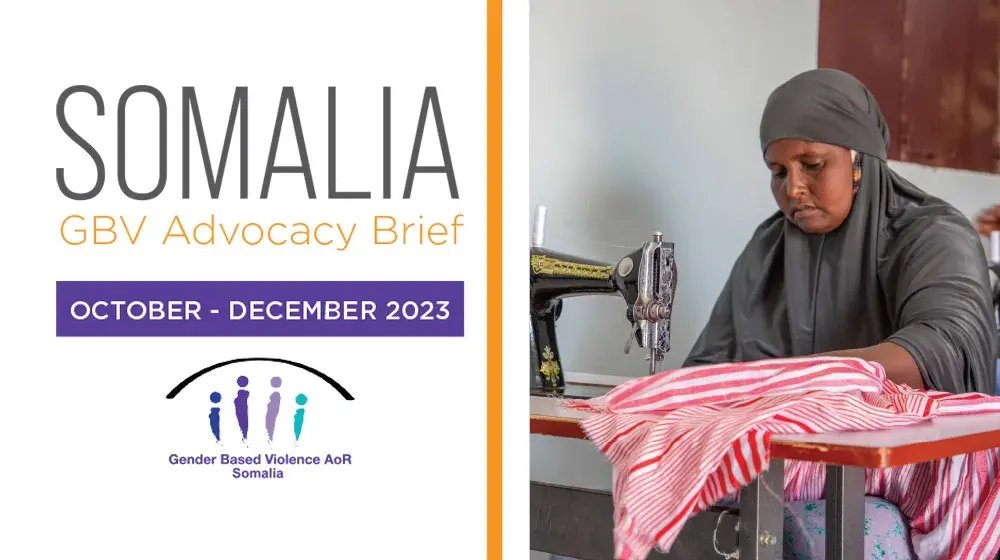“I am the eldest of my siblings and live with our mother in a small Bur. My siblings and I share a mat, while my mother sleeps with our youngest brother, he is still a baby” Khadijo says, as she struggles to introduce herself, her family, and share her ordeal.
Bossaso Bari-Puntland - 11 year old Khadijo Diini (not her real name), came to the IDP camp, with her mother and siblings, in 2021. They left their home after the drought resulted in severe famine and loss of animal life. Her father stayed behind, in the hope that there will be rain, and that the family will be able to return home. The young family settled in their own small shelter, locally called ‘Bur’. At the camp, they have easier access to food and water, but life has not been easy.
This camp in Bossaso stretches on 300 acres of land and houses some 41,000 internally displaced persons; individuals and families who have moved from Karkaar, Hergeysa and Gardo due to conflict and or drought. The camp has been in existence due to various natural and man-made disasters since 2002, but more recently has seen a sharp rise in numbers due to drought IDPs.
Khadijo shares that, everyone in the camp is asleep by 9 pm, as there is not much to do. The streets are deserted as early as 730 pm, as most people retire to their Burs. She shares that there is no proper sanitary system in place, and so people take cover in thickets to relieve themselves. Women, often wait for the dark in the hope of increased privacy.
One such night, Khadijo went outside to relieve herself in the dark, just a few meters from her Bur, when she was suddenly grabbed by a large man. With one of his hands strongly covering her mouth, she struggled to scream, as he raped her and then fled.
“I felt powerless and weak …. I looked around but it was too dark to see who had done this to me. I ran back into the house very scared. My mother and siblings were still fast asleep”.
Clueless about how to deal with the excruciating pain and fear, Khadijo tried to fall asleep as she bled through the night.
“I shared with my mother about what had happened but she did not believe me. If she did, she didn’t think too much about it. She even ignored my plea to take me to a doctor. She gave me one of her scarves to stop the bleeding for the next several days. I got weak and felt sick.”
Even if her mother had wanted to help, the camp did not have a nearby health facility that could have offered support or first aid. Khadijo enclosed herself in her own shell, as she dealt with the grave physical and psychological violation that she had undergone. She isolated herself as she struggled to trust others.
“I felt like no one cared about me. I stopped trusting people because I was suspicious that they were going to hurt me”.
Almost a month after the incident, a team of Community Paralegals from HILI Somalia visiting the camp learnt about khadijo. They informed her about the presence of a mobile clinic at the camp, and that she could get help there. Unfortunately, it was already too late to get medical assistance, but Khadijo finally found someone who was empathetic, and supportive.
“The lady was willing to listen to what had happened to me. She comforted me... she believed me”. Khadijo says, with some confidence. “She even asked details and has told me that there can be an investigation, and they can help me get justice…. I am hopeful, that I will get justice”.
The Mobile Legal Aid Clinic operations are carried out by HILI Somalia with the support of UNFPA. Khadijo had met HILI’s gender officer, Maryan, who gave her psychosocial support and counselling to deal with post-rape trauma and offered legal assistance regarding registering her case.
Over one million Somalis have been displaced by the drought. 82 per cent of the1 displaced are women and children. Rape, intimate partner violence, sexual harassment, sexual exploitation and abuse, forced/child marriages, female genital mutilation, family abandonment, and forced abortion are some of the forms of GBV on the rise in the populations affected by the severe drought in Somalia. Data for 2022 indicate a 21 per cent increase in reported rape cases in the drought-impacted communities since 2021; a 60 per cent increase in reported cases of intimate partner violence; and a 20 per cent increase in the number of women and girls who accessed lifesaving gender-based violence (GBV) response services.
UNFPA Somalia’s GBV/Gender unit, in line with the declaration of a scaled- up humanitarian response is working to address the situation by providing quality, lifesaving, confidential and timely GBV mitigation and response services.
Disclaimer:
Some names have been changed to protect identity.
The story is developed based on the survivor's report to HILI Somalia's legal aid team
Data Sources:
1. OCHA
2. Gender-Based Violence Information Management System, 1st and 2nd quarter aggregated report




